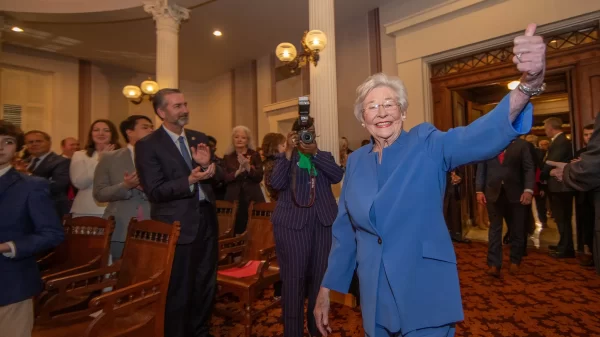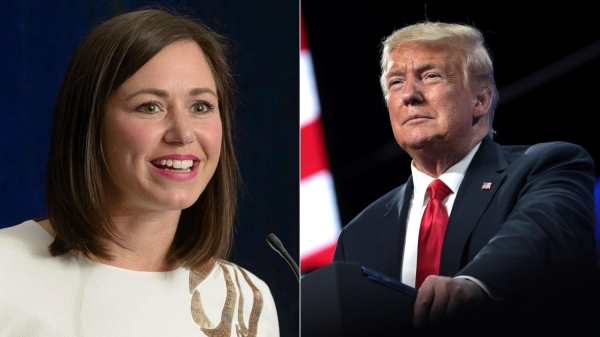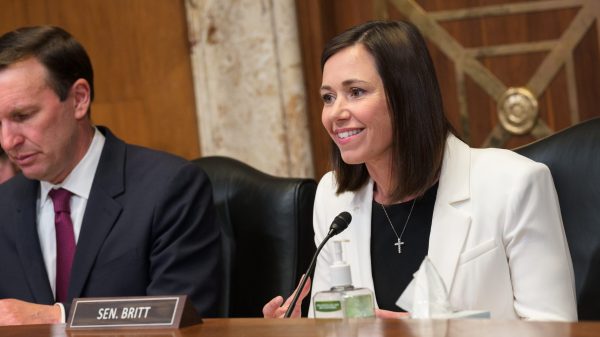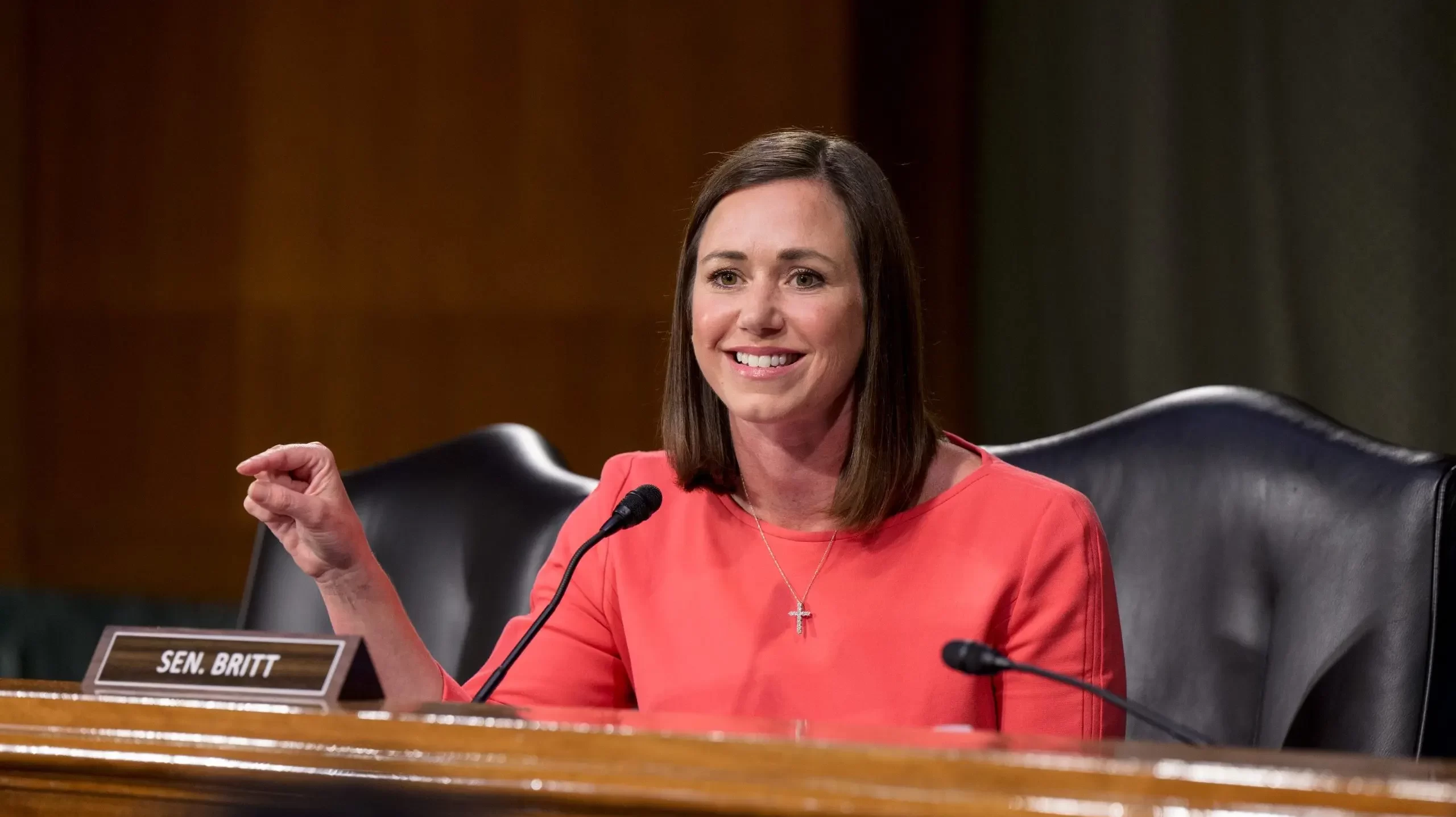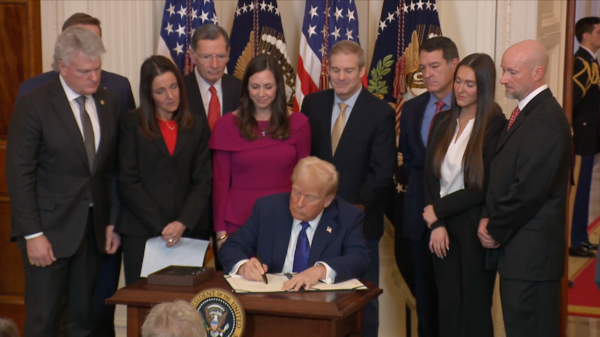|
Getting your Trinity Audio player ready...
|
In an op-ed published in the Wall Street Journal, Senator Katie Britt, R-Alabama, and Senator Ted Cruz, R-Texas, articulated their rationale for proposing federal legislation aimed at safeguarding access to in vitro fertilization (IVF) across the United States.
The catalyst for this legislative initiative was a February ruling by the Alabama Supreme Court, which decreed that embryos created through IVF should be recognized as children under the law. This decision stemmed from wrongful-death lawsuits filed by parents who claimed that a clinic had failed to protect their embryos, leading to their destruction. The ruling has since spawned widespread confusion and misinformation, amplified by partisan commentary, leaving many prospective parents anxious about their future paths to parenthood.
To mitigate these concerns, Senators Britt and Cruz announced plans to introduce a bill on Monday designed to ensure that IVF access is protected nationwide. The proposed legislation would stipulate that states must not prohibit IVF as a condition for receiving federal Medicaid funding. Although the Alabama Legislature moved swiftly to reaffirm IVF protection following the court’s decision, federal legislation would preclude any potential ambiguity from future state-level judicial interpretations.
The senators emphasized that their bill would not obstruct states from establishing health and safety standards for IVF procedures, nor would it force any individual or organization to provide IVF against their beliefs or wishes. Instead, it aims to guarantee that access to IVF is unequivocally protected by federal law, filling a current legislative void.
“IVF is profoundly pro-family,” the senators wrote, noting that approximately 2 percent of live births in the U.S. result from IVF, equating to tens of thousands of families realizing their dreams of parenthood. They argued that misconceptions and fear-mongering regarding the legal status of IVF are detrimental to families struggling with infertility. “Our bill will honor and support families seeking to welcome a new baby into their lives through IVF,” they added.
The op-ed also called on Senate colleagues from both parties to back the legislation, highlighting that it should transcend political divides. Citing a recent CBS/YouGov poll, the senators pointed out that 86 percent of Americans believe IVF should be legal. They described the bill as an opportunity for a bipartisan commitment to life, family, and personal liberty by protecting access to IVF treatments nationwide.








